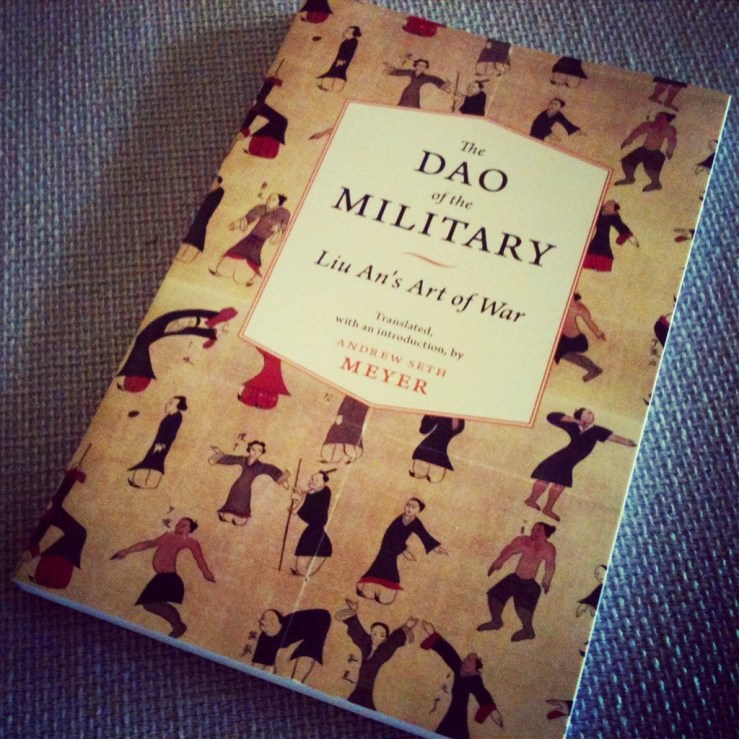 Chinese author Mo Yan has won the 2012 Nobel Prize in Literature, who, according to the committee, “with hallucinatory realism merges folk tales, history and the contemporary.”
Chinese author Mo Yan has won the 2012 Nobel Prize in Literature, who, according to the committee, “with hallucinatory realism merges folk tales, history and the contemporary.”
From Nobel’s biography:
“As a twelve-year-old during the Cultural Revolution he left school to work, first in agriculture, later in a factory. In 1976 he joined the People’s Liberation Army and during this time began to study literature and write. His first short story was published in a literary journal in 1981. His breakthrough came a few years later with the novella Touming de hong luobo (1986, published in French as Le radis de cristal1993).”
You can read an interview with Mo Yan at Granta.
Here’s a Time profile of the author.
And another profile at China Through a Lens.

